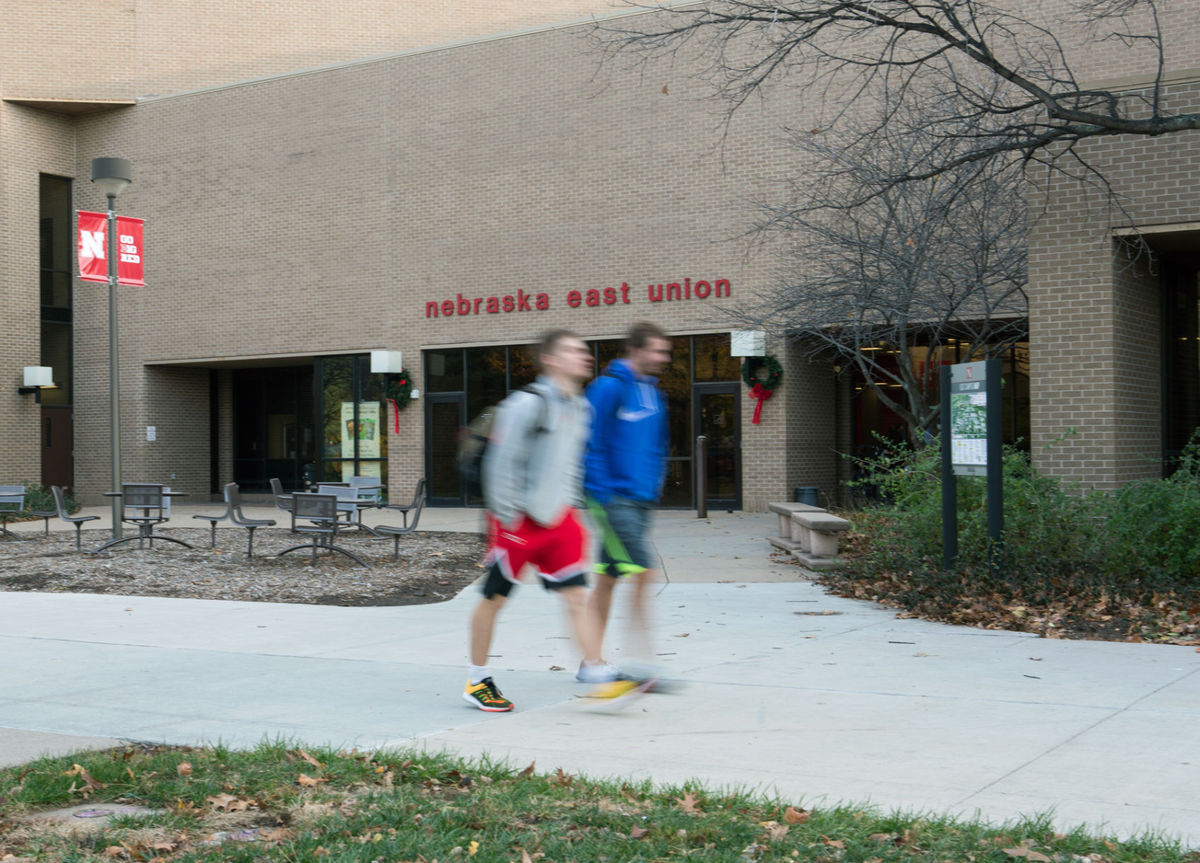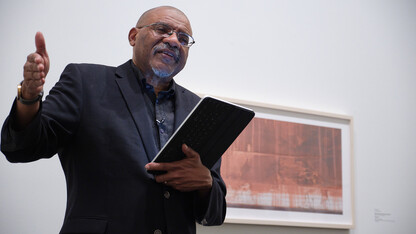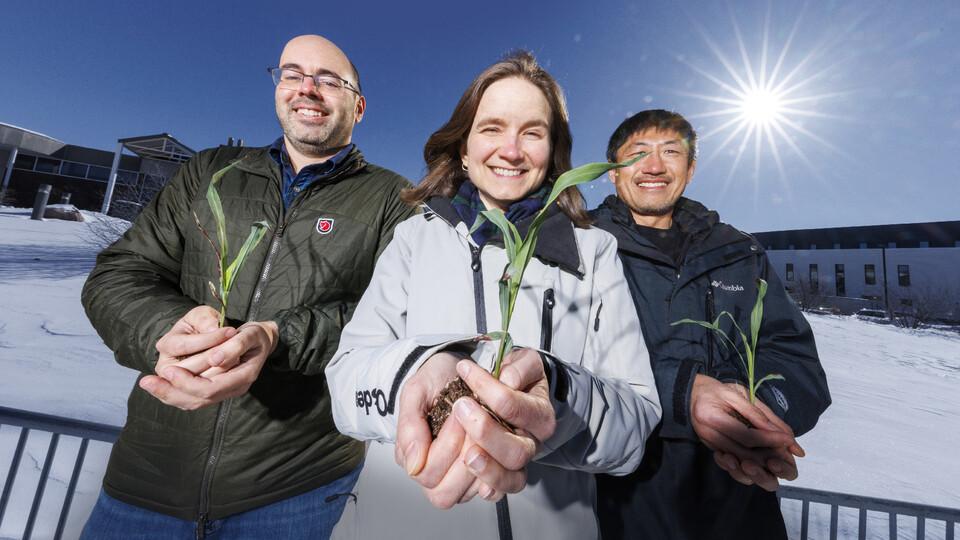
Small fish out of water: Rural first-generation student experience at a large university. (The Journal of College Orientation and Transition, 24 (1), 21-33
Moving from a rural area to a city can be a culture shock for some students, one advisor at the University of Nebraska-Lincoln found. Ben Heinisch, an advisor in the College of Agricultural Sciences and Natural Resources (CASNR), said some students from Nebraska’s rural areas face more challenges in acclimating themselves to UNL.
Heinisch is an advisor for forensic science and biochemistry majors within CASNR, and has seen a trend in his conversations with students from rural backgrounds about the differences between home and UNL.
His interest in students with rural backgrounds experiencing culture shock resulted in his research project later named “Small Fish Out of Water: Rural First-Generation Student Experience at a Large University.”
“We all have our social norms that we experience and the cultural norms that we grew up with,” Heinisch said. “So when you go to a place that is radically different, then you get a shock to the system; there are a lot of new things to digest.”
Heinisch spoke with students about their experiences moving from rural towns to Lincoln to find out how UNL’s environment affects them and what UNL could do to help.
For Ronald Kramer, a sophomore animal science major from Westpoint, Nebraska, the transition from 3,300 people to Lincoln was easy in part because of East Campus. He lives and attends most of his classes in the more pastoral, wide-open part of UNL’s campus which has helped.
Heinisch said the best way for students to curb their culture shock is to develop relationships with other students in their dorms, get involved with student organizations and to expand their horizons. He said it’s important to branch out and have conversations with students who come from different backgrounds and to speak to advisors.
“Advisors can help students who are experiencing culture shock to facilitate conversations that students may want to have with faculty members” Heinisch said.
At UNL, there are several programs to help students experiencing culture shock, including the First-Year Experience and Transition Programs Office. Heinisch said the office holds workshops for first generation students and rural students to help them adapt to UNL’s culture.



